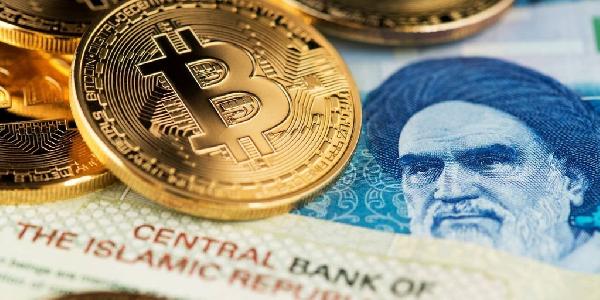A wave of proposed exchange-traded funds tracking the performance of different altcoins seem likely to receive a regulatory green light, with Bloomberg analysts predicting a more than 90 probability that a few of the funds will be able to start trading this year, including Solana, Dogecoin and XRP products.
But if such funds and others garner approval, who will buy these investment products, and if so, to what degree? Analysts disagree on their potential popularity.
"Everyone knows Bitcoin by now and it‘s synonymous with crypto," Adam McCarthy, a research analyst at Kaiko, told Decrypt, adding that altcoins are "really an unknown for most of the market," and would take time for the traditional market to open up to such things.
The latest fund applications follow the wild success of spot Bitcoin funds, and the lesser but still solid embrace of Ethereum ETFs. The former—a total of 12 funds in all—have recorded the most successful debut in the 32-year history of ETFs and now collectively manage over $130 billion in assets.
The nine Ethereum funds, which give investors exposure to the second largest digital coin, have generated a respectable $10 billion in assets under management.
The performance of these ETFs, combined with a more favorable U.S. regulatory environment, has spurred rapidly growing demand for other crypto-focused funds. The SEC is now weighing more than 30 spot altcoin ETF applications.
Pepperstone Group research analyst Dilin Wu told Decrypt that while "the strong inflows into Bitcoin ETFs demonstrate that interest from both retail and institutional investors in this asset class continues to grow steadily," it‘s "unlikely to translate broadly into altcoin ETFs in the near term."
McCarthy noted that "non-crypto savvy investors" are unlikely to be interested in altcoin products that could be hard for them to understand.
"ETH has established itself as the second asset and has a different, albeit sometimes confusing, pitch to BTC," he noted.
But Bloomberg Analyst James Seyffart suggested otherwise, noting that altcoins are already doing well on derivatives markets.
Bitcoin, the oldest cryptocurrency, commands the lion‘s share of the overall market—$2.1 trillion of the entire nearly $3.4 trillion market capitalization—and has the biggest brand recognition.
ETFs—funds thats trade on stock exchanges—are perfect for those who want a slice of the fast-moving and complex crypto investing space without the risk of holding assets directly. They may simply buy the shares that trade on stock exchanges without worrying about arcane things like cold storage or navigating crypto exchanges.
"Will some of these other assets—Solana, XRP, Litecoin—get to millions and millions of assets and some decent trading volume and flows? Yes, I really do think that will happen," Seyffart said, adding that big investors will want crypto diversification.
"If they‘re buying Bitcoin, they also might be buying a little Ethereum," he said, noting that investors may be particularly interested in ETFs that give exposure to a basket of digital coins and tokens.
He added that buyers could be big-money investors, as just under 20 of the shares of the Ethereum ETFs are from people that have to file 13Fs in the U.S.—which means institutions and hedge funds.
Edited by James Rubin
Your Email







